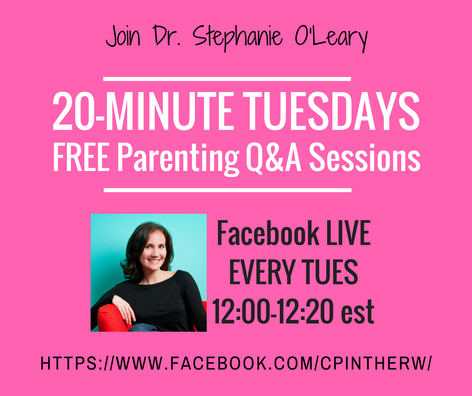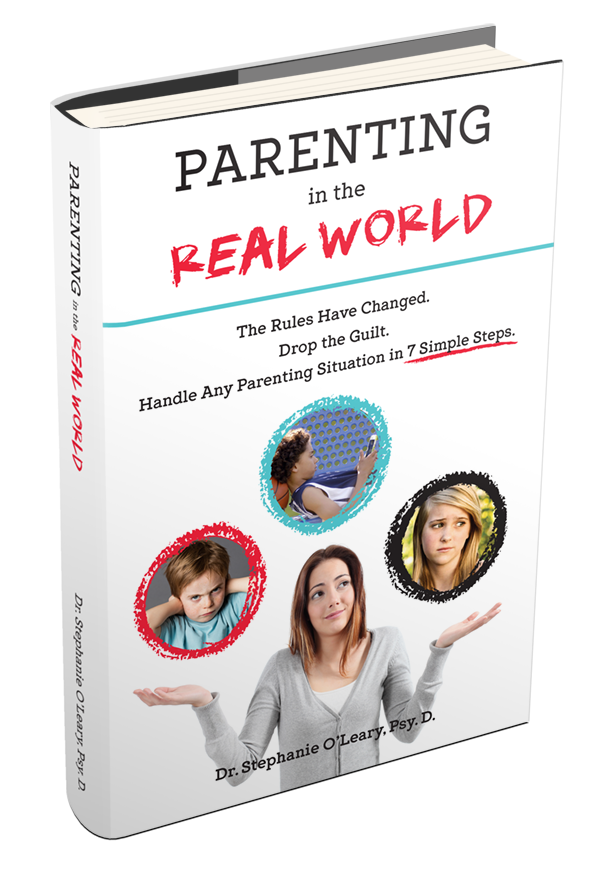|
Have you heard the buzz about homework and how it may be totally overrated? Many elementary school teachers are opting their classrooms out and even some prestigious high schools are doing away with homework requirements. This leaves lots of parents asking if all the worksheets, study guides, and projects really benefit students while simultaneously questioning how kids will learn to be responsible and disciplined without the age-old practice of doing homework. The bottom line is, homework continues to drive parents crazy no matter how you look at it!
So, what does the research tell us about homework? It says that age matters. Elementary school students really don’t benefit from homework. Middle schoolers show a modest improvement in academic achievement, but moderation is key and more homework is not better! Once kids are in high school, the benefits of doing homework are clearer (especially for math), but setting limits is still important since students who do more than two hours per night don’t necessarily out-perform peers who spend fewer hours hitting the books at home. Taking all of this into consideration, how do you help your child deal with whatever assignments come home on a given night? Here’s a quick parental cheat sheet organized by grade level: ELEMENTARY SCHOOL: No homework is A-Okay.
MIDDLE SCHOOL: One hour a day is MORE than enough.
HIGH SCHOOL: Homework matters (but don’t overdo it!)
Have question about homework? Want parenting answers that make sense in the real world? Check out Dr. Stephanie O'Leary's "20-minute Tuesday" Facebook LIVE Video below.
0 Comments
Leave a Reply. |
Stephanie O'Leary, Psy.D.
Sharing practical strategies that help parents rediscover joy in their children (even when someone's crying, the phone is ringing, and it smells like the house may be burning down) Archives
October 2017
Categories |




 RSS Feed
RSS Feed